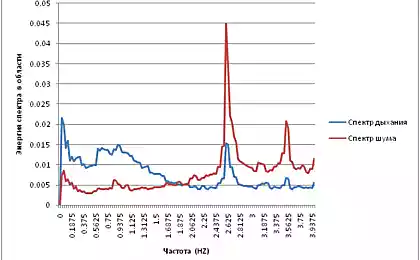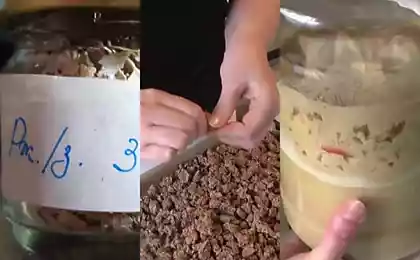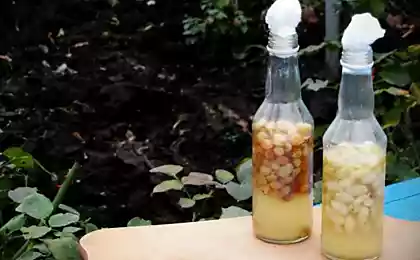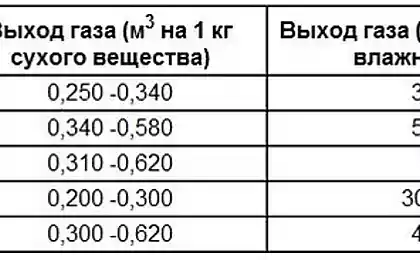410
Engineers at MIT have developed a technology to produce biodiesel
Scientists from the Massachusetts Institute of technology (USA), under the direction of Professor Gregory Stephanopoulos (Gregory Stephanopoulos) "taught" the yeast to effectively convert plant sugars into oil (a mixture of fats), which can be used as cheap diesel fuel. An article about this, published in the journal Nature Biotechnology.

We are talking about the yeast of the species Yarrowia lipolytica, which in nature produce a large amount of fat. However, scientists have been able to increase this number and rebuild it in their cells a chain that breaks down glucose under the action of a cascade of enzymes. Forcing the "extra" nikotinamidadenindinukleotida (ABOVE) to become nikotinamidadenindinukleotida (NADP), they were able to increase product yield by 30%.
The resulting oil can be used as a cheap and environmentally friendly fuel for diesel engines. This type of engine is recognized by engineers to be the most effective for large vehicles, but now they use mainly fuel based on fossil hydrocarbons. A method developed at MIT can help solve this problem. "We were able to use about 75% of the capacity of the yeast, but there is still 25%, which will be object of further work," said Stephanopoulos.

To improve the method, and another one by: today, the team from MIT is working to replace corn (which was used as a raw material so far) on grass and agricultural waste, which are much cheaper. If this can be done, the oil fuel will be even cheaper.
Recall that in 2015, the American scientists have developed a method of obtaining aviation biofuels from sugar cane and bagasse, and the year before their Japanese counterparts used to do it with algae. However, it is believed that biofuels can be even more dangerous for the planet than gasoline. published
Source: ecotechnology

We are talking about the yeast of the species Yarrowia lipolytica, which in nature produce a large amount of fat. However, scientists have been able to increase this number and rebuild it in their cells a chain that breaks down glucose under the action of a cascade of enzymes. Forcing the "extra" nikotinamidadenindinukleotida (ABOVE) to become nikotinamidadenindinukleotida (NADP), they were able to increase product yield by 30%.
The resulting oil can be used as a cheap and environmentally friendly fuel for diesel engines. This type of engine is recognized by engineers to be the most effective for large vehicles, but now they use mainly fuel based on fossil hydrocarbons. A method developed at MIT can help solve this problem. "We were able to use about 75% of the capacity of the yeast, but there is still 25%, which will be object of further work," said Stephanopoulos.

To improve the method, and another one by: today, the team from MIT is working to replace corn (which was used as a raw material so far) on grass and agricultural waste, which are much cheaper. If this can be done, the oil fuel will be even cheaper.
Recall that in 2015, the American scientists have developed a method of obtaining aviation biofuels from sugar cane and bagasse, and the year before their Japanese counterparts used to do it with algae. However, it is believed that biofuels can be even more dangerous for the planet than gasoline. published
Source: ecotechnology
3 main trends of solar energy in 2017
The photographer accidentally left the route and took rare photos of a lost civilization!























